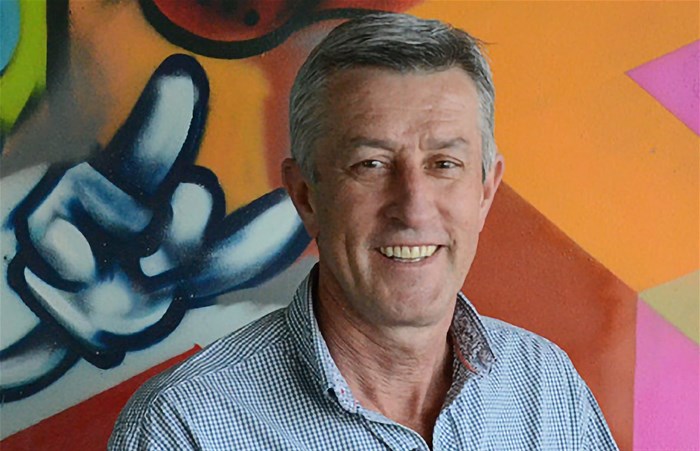Basic education in South Africa is facing a well-documented crisis with poor educational outcomes, rising illiteracy rates, four out of five teachers in public schools who lack the content knowledge and pedagogical skills to teach their subjects, and a predicated shortage of teachers in years to come.

Paul Esterhuizen. School Days CEO | image supplied
Here are the the three most significant challenges to face the education sector in 2024:
1. The declining ability of financially constrained parents to pay school fees at fee-paying public schools and private schools will put further pressure on these schools.
High interest rates, spiralling inflation, and stagnant household incomes have resulted in a cost-of-living crisis which is putting consumers, particularly those with high levels of debt, under enormous financial pressure. The biggest losers in the current environment are private and fee-paying public schools which are experiencing a decline in the number of parents paying school fees.
Non-payment of school fees has dire consequences for fee-paying schools, impacting their ability to hire additional teachers to reduce class sizes and ultimately, threatening their very sustainability. Fee-paying public schools and private schools alleviate pressure on the government fiscus.
2. Continued declining educational outcomes, particularly in maths, science, and literacy need to be addressed urgently.
South Africa’s declining educational outcomes have been clear by a number of globally benchmarked studies. In 2016, a study found that 78% of grade 4 learners could not read for meaning in any language. A 2019 study established that only 37% of grade 5 learners had some basic mathematical knowledge. Learning losses incurred during the Covid-19 pandemic exacerbated existing problems.
In 2021, more than half of grade 1 learners did not know the letters of the alphabet after a year of schooling. To address these worsening outcomes, we urgently need an overhaul of our education system including providing teachers with better training and support and ensuring more accountability throughout the education value chain.
This requires political will and commitment from all stakeholders. Ironically, many of the challenges facing the basic education sector were identified more than a decade ago.
However, most of the recommendations made by both the Annual National Assessments (ANAs) and the National Education Evaluation and Development Unit (Needu) have not been implemented. Unless significant changes are made, expect educational outcomes to continue to decline.
3. Very little bang for taxpayer bucks.
South Africa’s national budget allocated R294bbn to basic education in 2023, accounting for 13.5% of total government expenditure. This figure, according to the Centre for Development and Enterprise (CDE) – an independent policy research and advocacy organisation - is proportionately equivalent to high-performing Scandinavian countries like Finland.
The problem is not that we’re spending inadequately on basic education, it’s that we’re not spending wisely, effectively, or efficiently. At the risk of sounding like a pessimist, this trend is unlikely to change in 2024.
The root causes of South Africa’s educational underperformance, says the CDE, require an honest diagnosis of the challenges facing the sector, combined with rooting out corruption and incompetence.













































